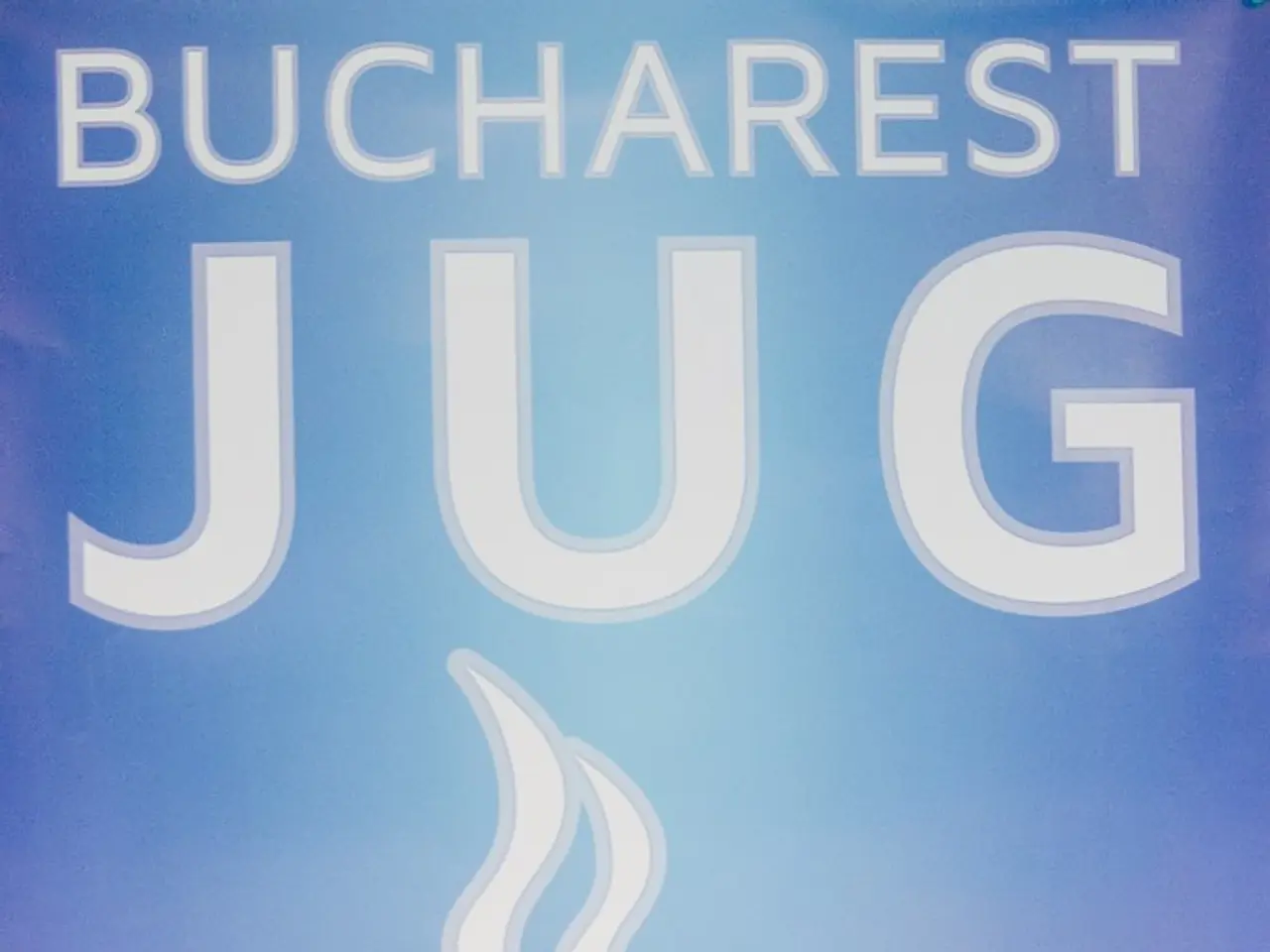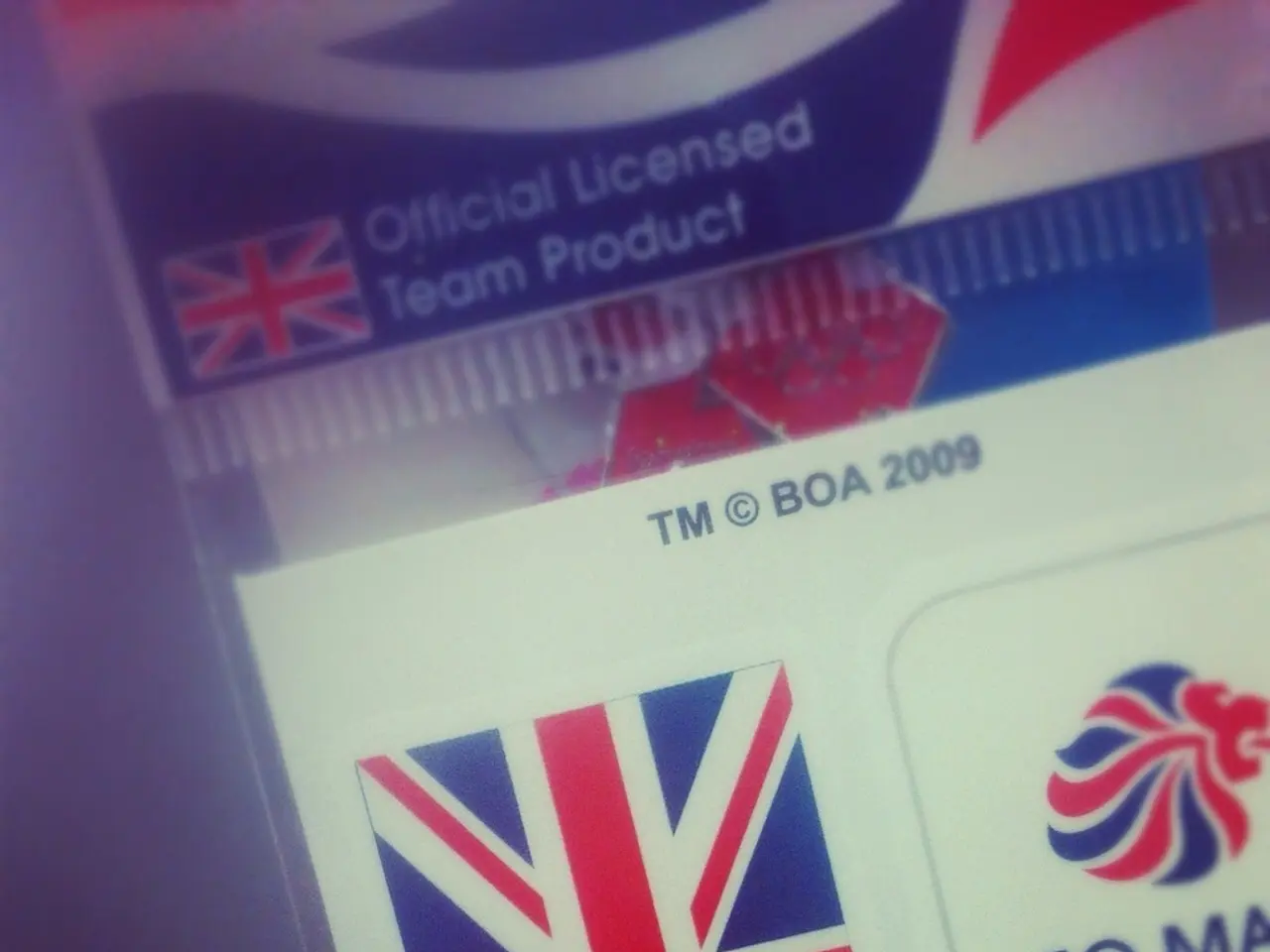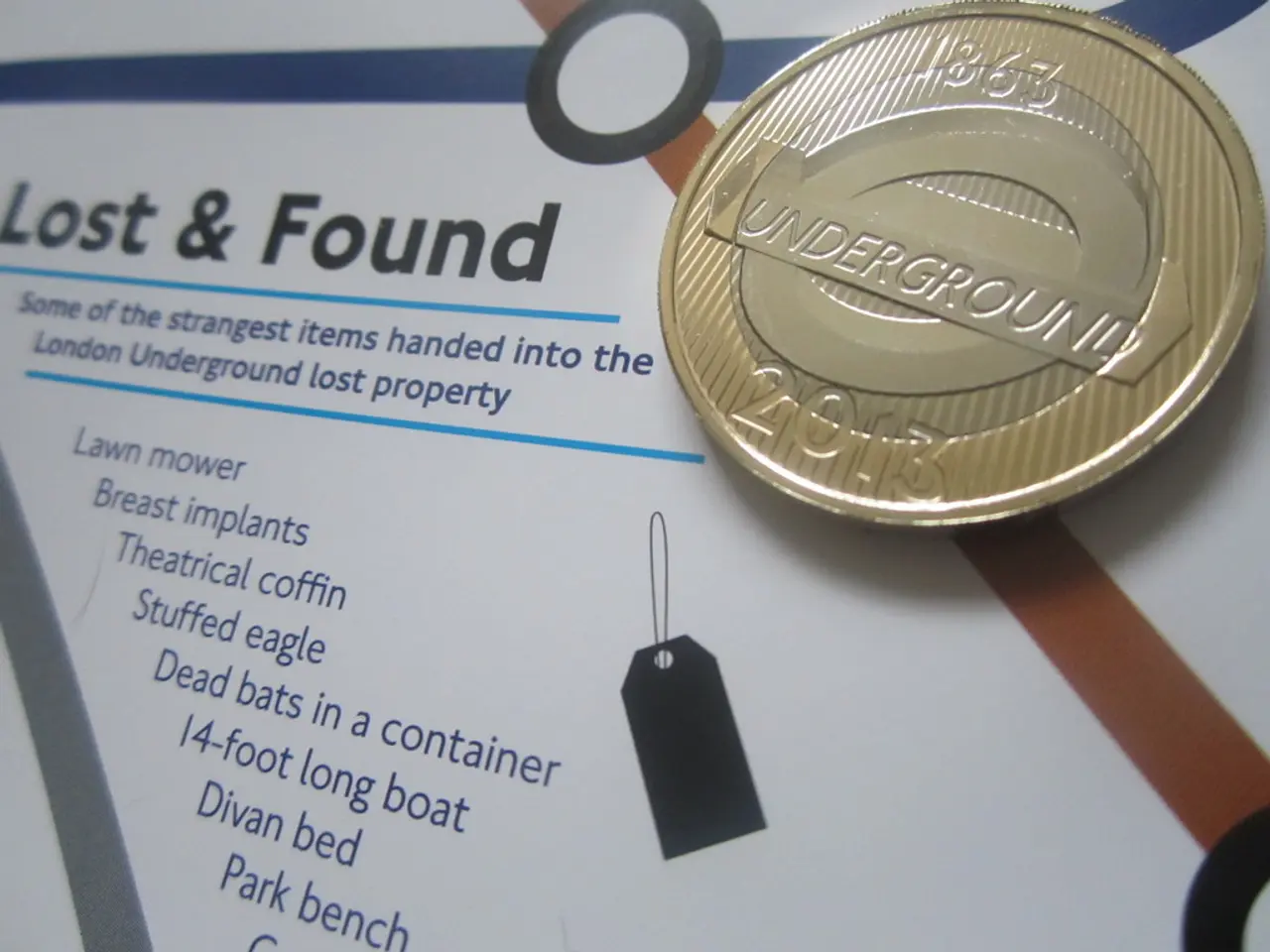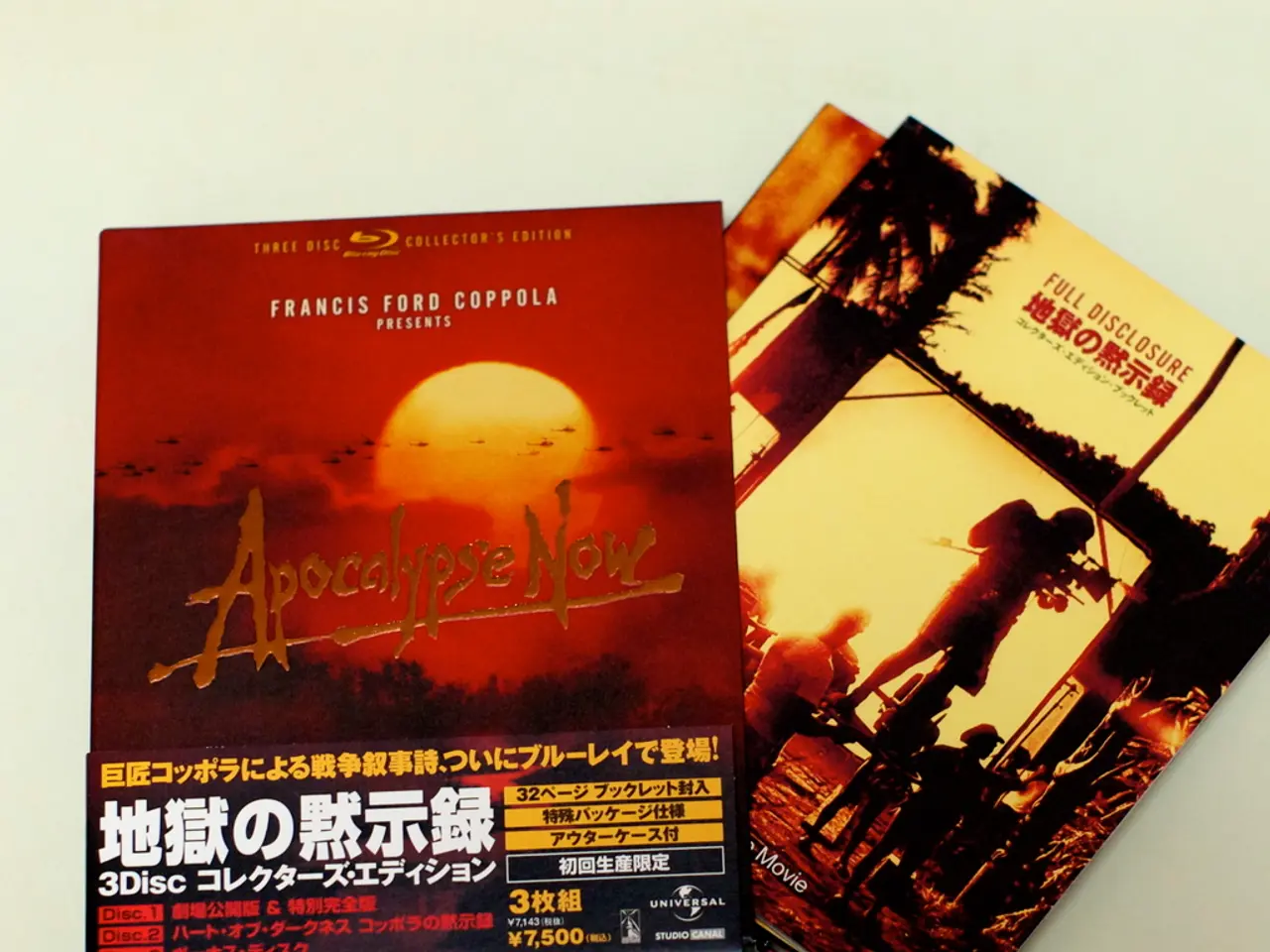Koorvi initiates a collaborative venture with Tchibo on a circular project
In a groundbreaking move, Koorvi and Tchibo have partnered to launch a digital take-back and resale system for used coffee machines, marking a significant milestone for both companies. This innovative initiative, designed to promote a more sustainable and resource-efficient approach to consumer electronics, is set to contribute significantly to the circular economy and resource conservation.
Andrea Schneller, CEO of Koorvi, explained that the company was founded with the mission to make the circular economy simple, scalable, and economically attractive. Koorvi's software platform offers Tchibo a scalable solution for handling and tracking returns, as well as refurbishing and reselling the devices.
The program presents new marketing opportunities for Tchibo in the circular economy, while for Koorvi, expanding the program to other product categories means further positioning as a solutions provider in the circular trade. For Tchibo, expanding the program to other product categories is a concrete step towards more resource conservation in its core business.
The system includes a white-label take-back portal, a resale shop, and a central dashboard for controlling all processes. Customers can exchange their old coffee machines for vouchers in the Tchibo online shop.
The initiative reduces the need for new production and extends the lifespan of coffee machines, aligning with circular economy principles by keeping products in use for longer. It also prevents used machines from ending up in landfills, reducing electronic waste.
By reusing and recycling parts from used machines, the system minimizes the demand for virgin materials, conserving natural resources and reducing the environmental impact associated with extracting and processing raw materials. The partnership supports a closed-loop system where products are designed to be recycled and reused, creating a continuous cycle of production and consumption.
The reuse of existing machines can lead to energy savings because it reduces the need for new manufacturing processes, which are typically energy-intensive. Additionally, water conservation might occur if the refurbishment process is more water-efficient than new manufacturing. The system facilitates the recovery of valuable materials from used machines, such as metals, which can be recycled, reducing the need for primary extraction and processing of these materials.
The system can help lower the carbon footprint associated with the production and distribution of new coffee machines. By extending the life of products and reducing the need for new manufacturing, the system can contribute to job creation in the refurbishment and resale sectors, contributing to local economies. Refurbished machines can be sold at lower prices, making them more accessible to consumers who might not afford new equipment, increasing market penetration and customer satisfaction.
The system encourages customers to participate in sustainable practices, fostering a sense of community and environmental responsibility among consumers. The partnership between Koorvi and Tchibo demonstrates what's possible when sustainability meets digital infrastructure, and it's a milestone for Koorvi, as they specialize in digital solutions for the circular economy.
In conclusion, the digital take-back and resale system for used coffee machines, in partnership with Tchibo, can significantly contribute to the circular economy and resource conservation through product life extension, reduced waste, material efficiency, closed-loop production, energy and water savings, resource recovery, reduced carbon footprint, job creation, access to affordable products, and customer engagement. This initiative is set to redefine the way companies approach sustainability and resource conservation, aligning with broader goals of environmental conservation and economic viability.
- Koorvi, with their expertise in digital solutions for the circular economy, is positioning itself as a solutions provider in the environmental-science sector, particularly in resource conservation, as they expand their digital take-back and resale system to other product categories.
- The technology behind this initiative, such as the white-label take-back portal, resale shop, and central dashboard, is not only contributing to a more sustainable lifestyle but also to the finance sector, by creating jobs in the refurbishment and resale sectors and increasing market penetration through affordable refurbished products.
- This partnership between Koorvi and Tchibo demonstrates how science and technology can collaborate to foster a sense of community and environmental responsibility, aligning with the principles of the circular economy and encouraging start-ups to consider environmental-science and sustainability in their innovation processes.




